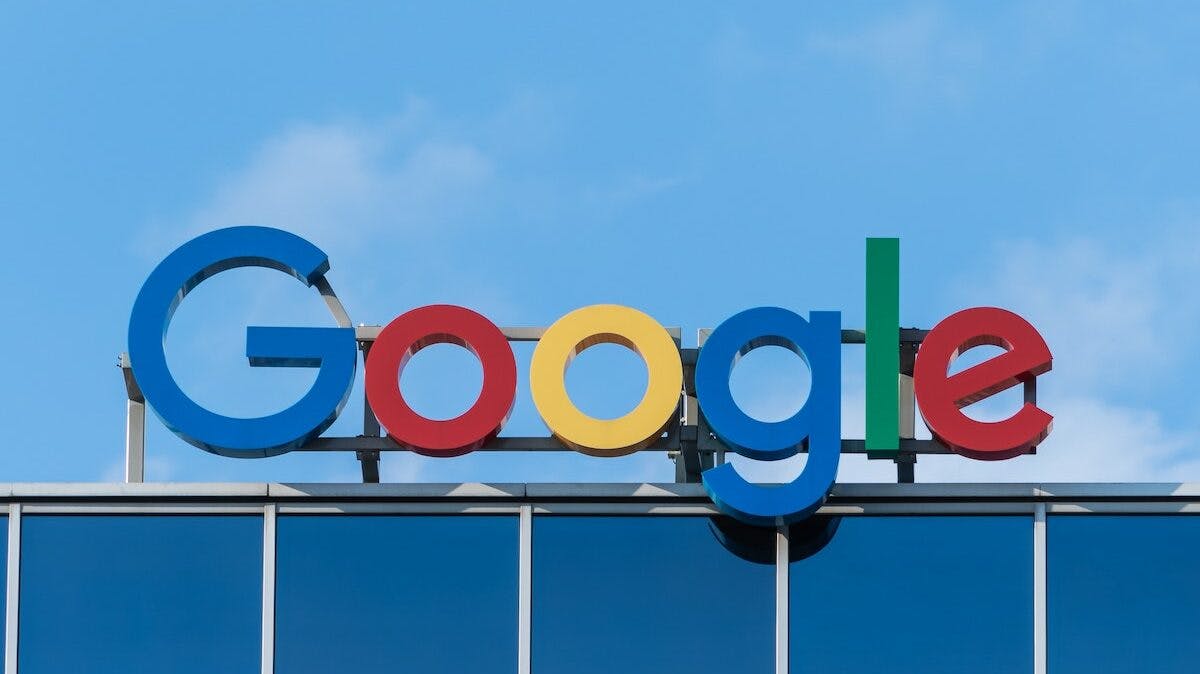Google has revealed its plans to introduce an array of generative AI features for its Workspace apps.
Google has announced that it will be introducing new AI-powered features for Google Docs, Gmail, Sheets, and Slides. These new features will focus on generating, summarising, and brainstorming text and will enhance the functionality of these applications for users.
In Google Docs, users will be able to generate text using AI technology, which is similar to OpenAI’s ChatGPT. Additionally, Gmail users can generate complete emails automatically based on brief bullet points provided by them.
In Slides, users can produce AI-powered imagery, audio, and video to complement their presentations, similar to the features available in Microsoft Designer, powered by OpenAI’s DALL-E, and Canva, which uses Stable Diffusion to generate AI-powered visuals.
These generative AI features aim to make content creation more efficient and streamlined and to enable users to foster greater creativity and innovation. By offering these AI-powered features, Google hopes to provide users with a more efficient and enjoyable user experience when using their Workspace apps.
New generative AI features
Now, Google is taking the next step and introducing a new set of generative AI features to simplify the writing process.
A limited set of trusted testers will soon have access to these new features, which enable users to type in a topic they want to write about in Gmail or Google Docs, and a draft will be generated instantly. For example, a manager onboarding a new employee can save time and effort by having Workspace generate the first welcome email. Users can then edit the message and adjust the tone, making it more playful or professional, with just a few clicks.
Below is a complete list of AI-powered features that Google plans to add to its Workspace apps:
- Draft, reply, summarise, and prioritise emails in Gmail.
- Brainstorm, proofread, write, and rewrite documents in Docs.
- Create auto-generated images, audio, and video to bring your creative ideas to life in Slides.
- Use auto-completion, formula generation, and contextual categorisation to go from raw data to insights and analysis in Sheets.
- Generate new backgrounds and take notes in Meet.
- Streamline workflows and get things done efficiently in Chat.
Out of all these new features, the AI-powered writing and brainstorming tools in Docs and Gmail appear to be the most practical. In a demo, a user enters a prompt like “Help me write” and requests a “Job post for a regional sales rep.” Within seconds, the AI system generates a complete job description for them to edit and refine.
Google has been at the forefront of the AI revolution for many years and has announced its latest initiative to bring the benefits of generative AI to individuals, businesses, and communities alike. The new features include a PaLM API, MakerSuite, generative AI support in Vertex AI, a Generative AI App Builder, and generative AI features in Google Workspace.
The PaLM API is a new developer offering that empowers all developers to experiment safely with Google’s large language models. Alongside the API, Google has released MakerSuite, a tool that enables developers to quickly and easily start prototyping.
The Vertex AI now offers generative AI support, providing a simple way for data science teams to take advantage of foundational models like PaLM. This will enable businesses to address use cases such as content generation and chat summarisation, all with enterprise-level safety, security, and privacy.
The Generative AI App Builder is a new tool that allows organizations to build their AI-powered chat interfaces and digital assistants, giving them greater flexibility and control over their own AI systems.
Moreover, the Generative AI features in Google Workspace will enable people to create, connect, and collaborate like never before across Gmail, Docs, Slides, Sheets, Meet, and Chat. Google is introducing AI-powered writing features in Docs and Gmail, which will greatly enhance the productivity and efficiency of users.
In addition to these initiatives, Google has unveiled new partnerships, programs, and resources for each segment of the AI ecosystem as part of its commitment to openness.
Check out the blog from Google Cloud CEO Thomas Kurian for an overview of today’s announcements.
Keep up to date with our stories on LinkedIn, Twitter, Facebook and Instagram.

